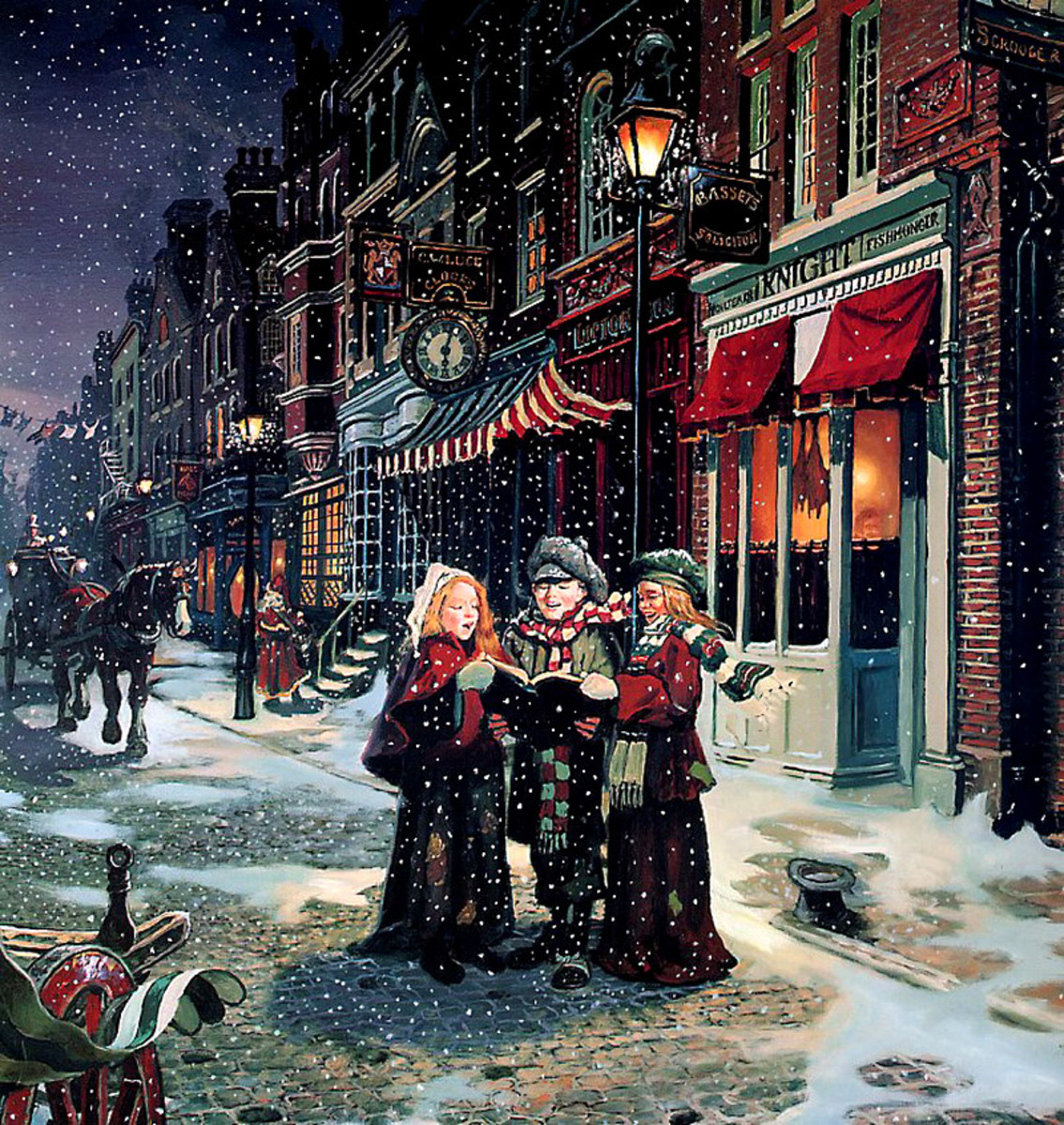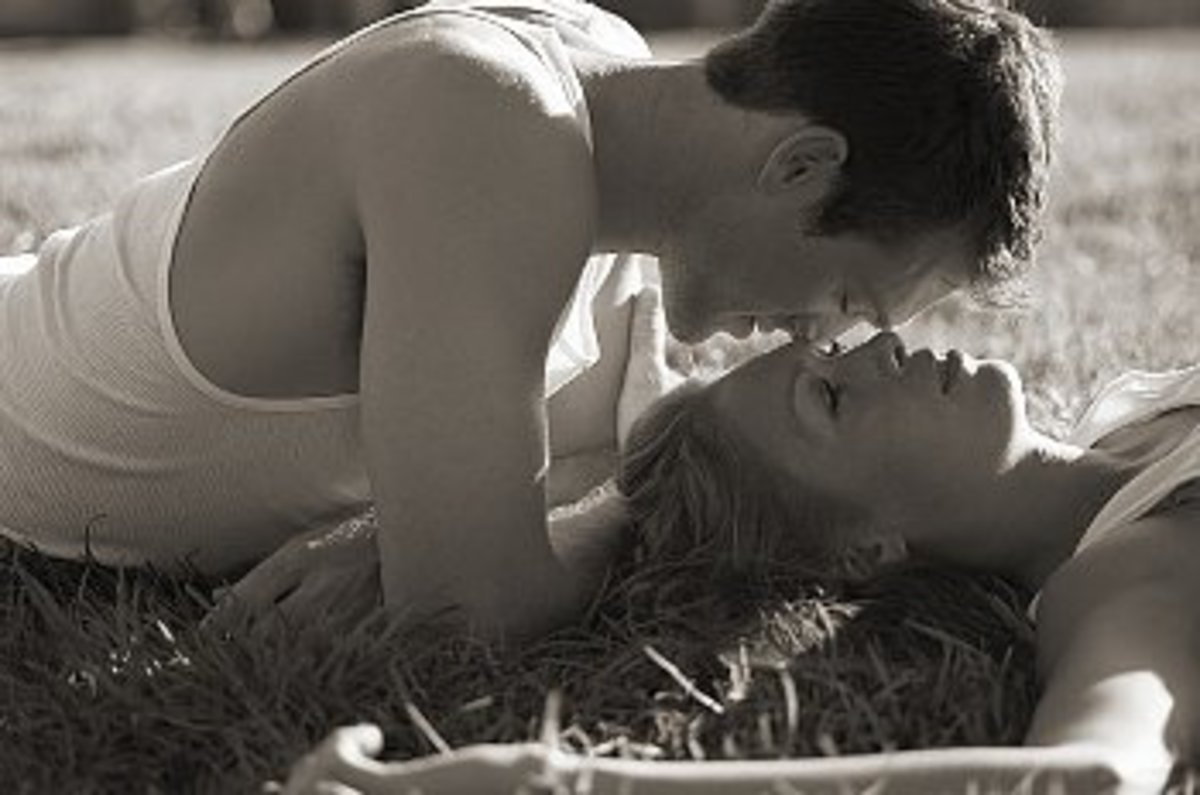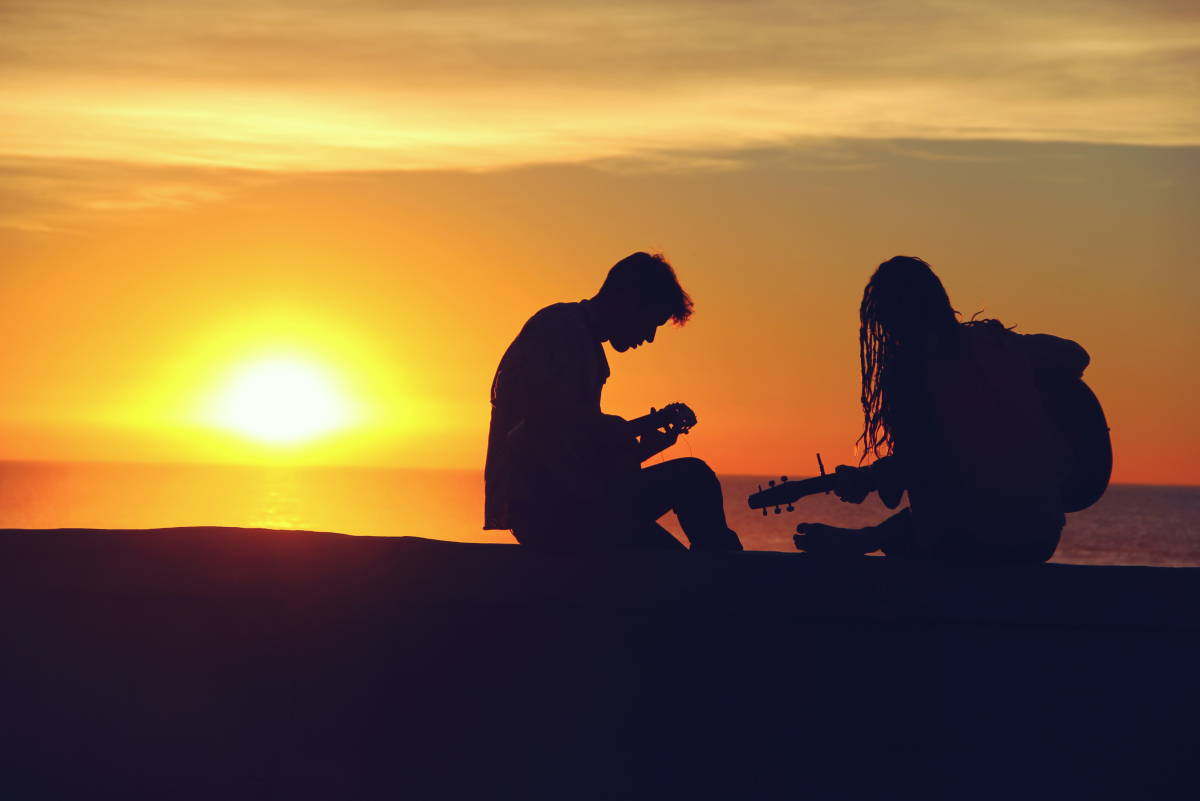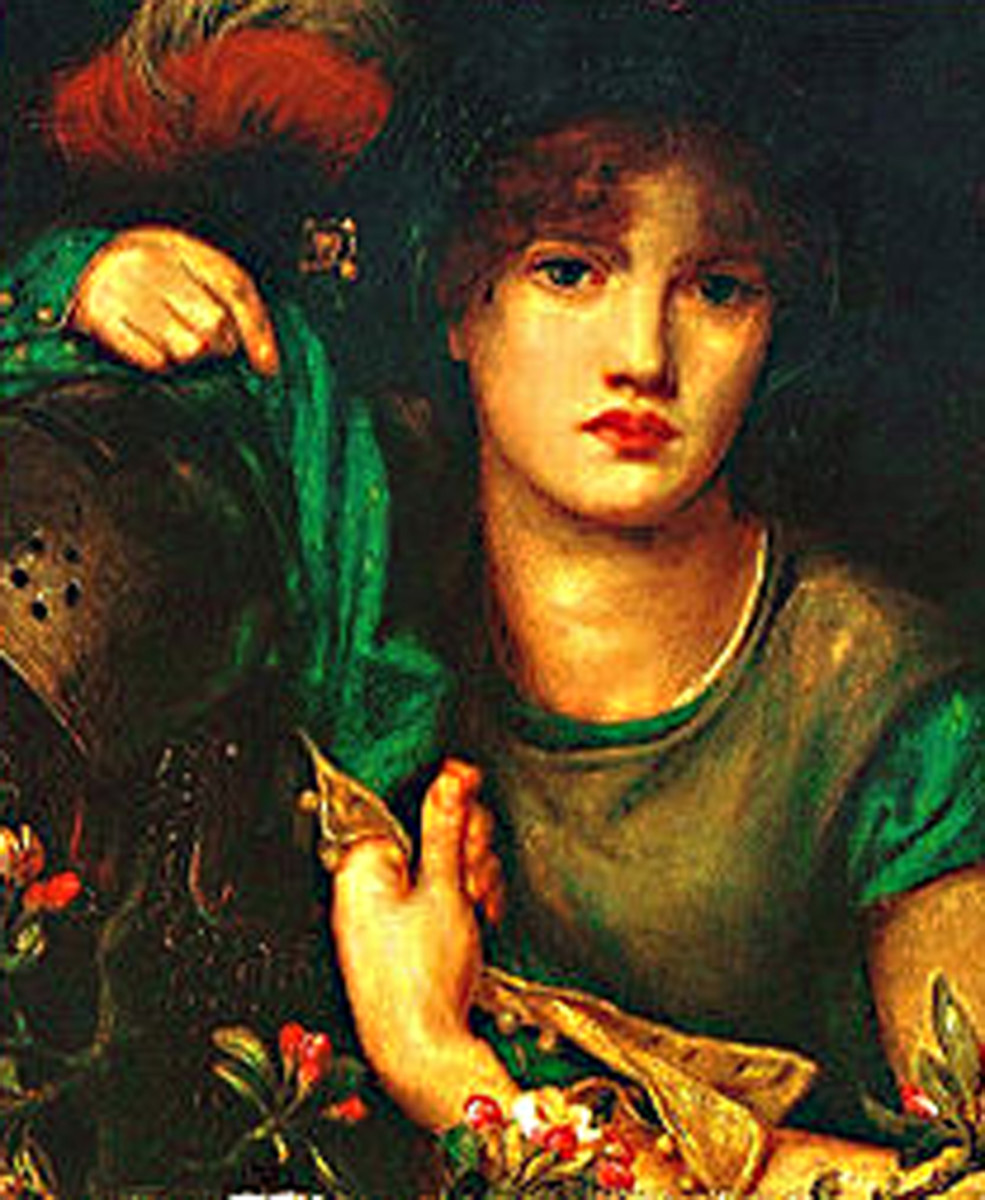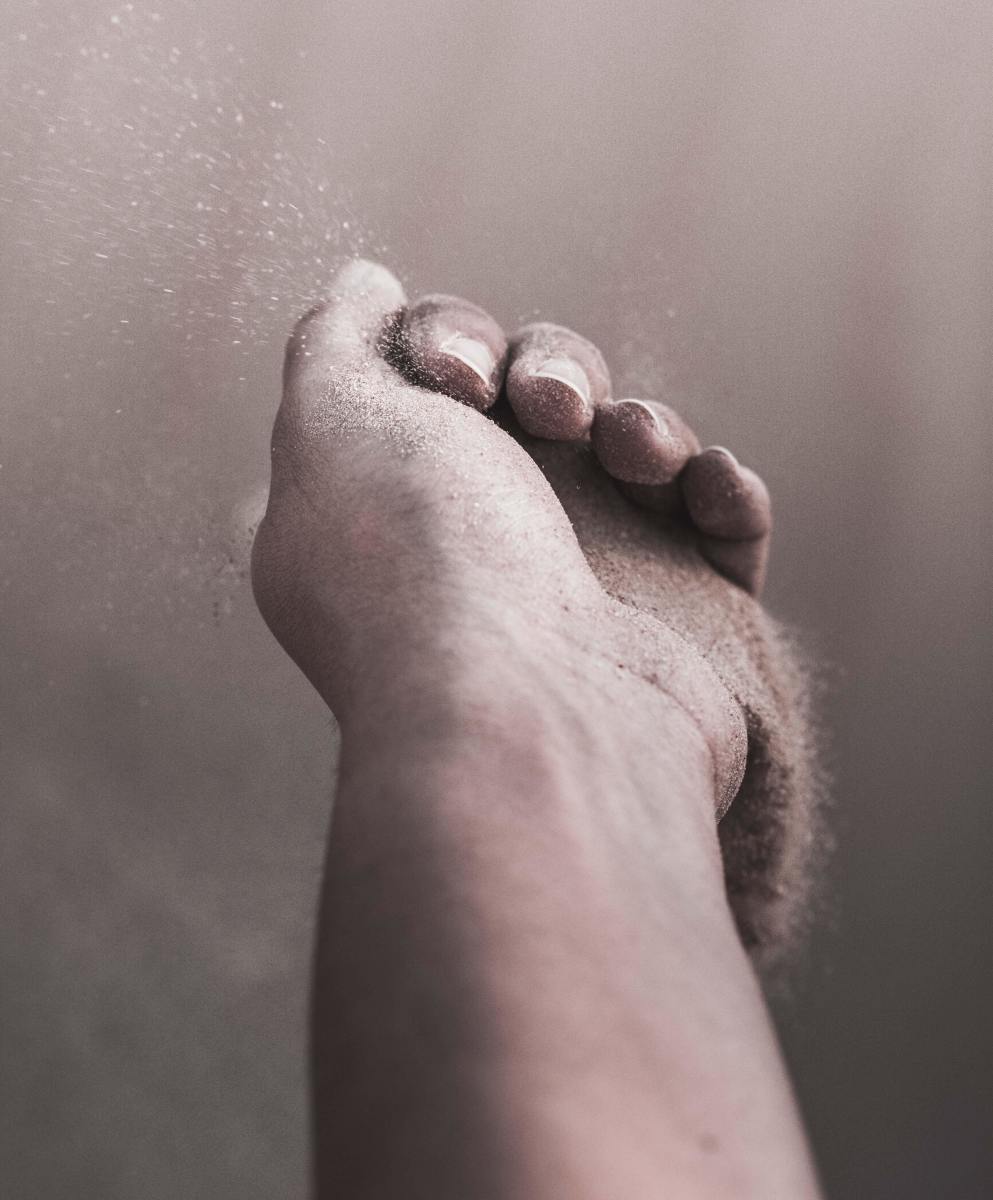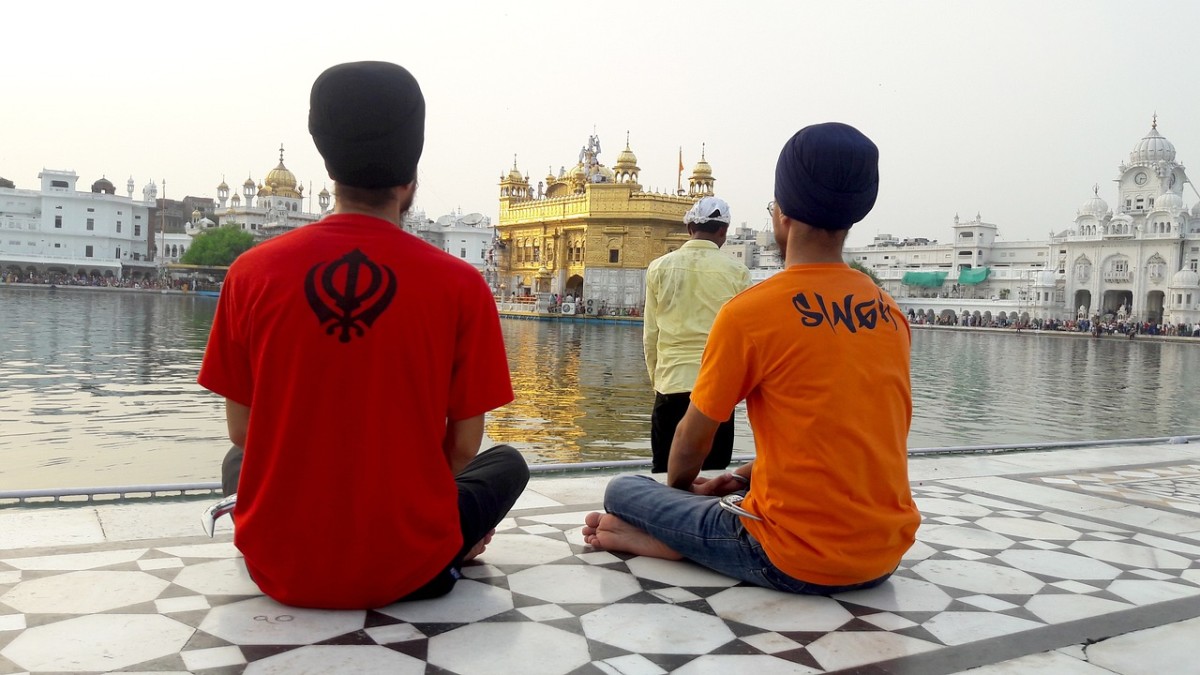How to Write an Unforgettable Song Without a Musical Instrument
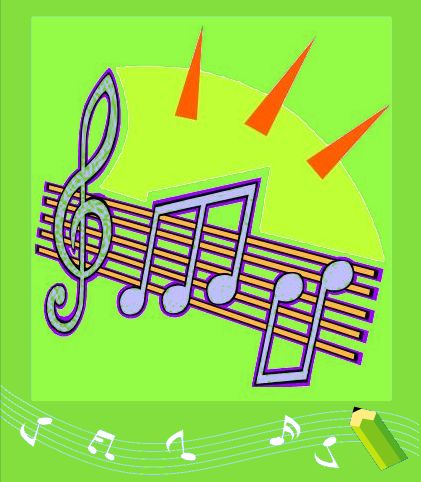
You don't need to know how to write music or how to play a musical instrument for you to write an unforgettable song. All you need is a pen and paper (or a computer) and your voice.
Here is a breakdown of how to write an unforgettable song that will hopefully get stuck in your head and in the heads of others.
Coming Up With a Topic
Before you start writing a song make sure that there are no distractions around you and that the atmosphere is not chaotic - be it a television or a radio turned on high volume, kids running around, arguments among people, appliances turned on, etc. Make sure there is nothing to distract from your song writing project. When you've found yourself some peace and quiet you can begin to craft that unforgettable song.
Before you start writing think about the things you have gone through or witnessed with your very own eyes. Writing from your own personal experiences will make you more connected to the song and will make it connect with others as chances are they have gone through similar things or can picture themselves going through similar things. Think about what it is that you want to express in your song, what story you want to tell. Try to be as specific as possible as being too general can throw you off track.
For example, don't just say you want to write a love song, as that's too general...Think about what aspect of love you want to dive into and what scenario you want to bring to life. Maybe you want to talk about the first time you fell in love with someone and how hard it was for you to let that person know how you felt. Maybe you were scared that if you spilled out your feelings to the person that you would find out he doesn't feel the same and you would lose that person forever.
Coming Up With an Initial Melody/Beat
Once you have come up with the specific topic you plan to write about, spend some time coming up with a melody or a beat or both. If you don't play a musical instrument or own one, or if you don't know how to write music just use your voice. Hum a melody aloud or in your head. And for the beat simply bang your hands (or a pencil or chopsticks) against your legs, a kitchen counter, a shelf, a book, a pot/pan, a glass, etc. Anything that you can hit against will do the trick.
When you have a sense of a potential beat and melody for your song, writing the actual lyrics will become a bit easier.
Feel free hum or sing songs that you've listened to on the radio to give you ideas on potential melodies and beats. Remember, the final melodies and beats may change after you've written your lyrics.
Writing the Lyrics
As you write the lyrics don't worry about getting the words perfect. Focus on spilling your emotions and your experiences onto the paper. Bring that story that you want to share with the world to life. You will get the chance to edit it once you've finished telling the story.
As you are writing keep in mind of the format of a song. Usually a song has two verses and a bridge with a repeating chorus in between each one - verse 1, chorus, verse 2, chorus, bridge, chorus. But there are many other formats to use. You can start out with a chorus, or instead with a few spoken or maybe even sung lines before diving into the actual verse. The chorus can be slightly different after each verse but with the same melody. There can be a pre-chorus before the chorus. The bridge can be turned into a rap verse rather than one that will be sung. The possibilities are endless.
When writing the lyrics you don't have to rhyme the verses, chorus, or bridge. When you do use rhyme, however, especially in the chorus, it makes the song catchier and easier to remember. I love using rhyme in my songs (lyrics). They are more fun to write and actually get stuck in my head faster.
Here's an example of a (song) lyric that I just wrote...
Won't Stop (Till I Rise to the Top)
[Verse 1]
I want to reach that door
I want to grab that key
I want to walk right through
Rewrite my history
I know it can be done
And so I'll never stop
Oh no I'll never stop
Until I reach the top
[Chorus]
I'm gonna shine like the stars in the sky
I'm gonna soar like a bird flying high
I'm gonna climb to the mountain top
And I won't stop till I rise to the top
[Verse 2]
There is so much that I
Have yet to bring to life
So much in store for me
So much I've yet to write
I know it can be done
And so I'll never stop
Oh no I'll never stop
Until I reach the top
[Chorus]
I'm gonna shine like the stars in the sky
I'm gonna soar like a bird flying high
I'm gonna climb to the mountain top
And I won't stop till I rise to the top
[Bridge]
There's so much that I want accomplish
There's so much that I've yet to do here
And no matter what happens I'm not gonna stop
Till I reach to the top
[Chorus]
I'm gonna shine like the stars in the sky
I'm gonna soar like a bird flying high
I'm gonna climb to the mountain top
And I won't stop till I rise to the top
Tips on Writing the Lyrics
I would start the lyric writing process by first writing the chorus. The chorus is very important as that is the part of the song that keeps repeating and is one that people remember and are attracted to the most. Make sure people won't be able to get it out of their heads and want to sing it over and over. Once you come up with a great chorus then you can build the rest of the song around it. Write the verses next and then the bridge. Remember the bridge should have a slightly different feel and melody than the verses.
One good thing you can do, while keeping in mind the melody and beat you came up with earlier, is to just start singing whatever comes into your head related to what you want to write about. Make sure to record yourself so the words don't vanish from memory after you are done singing, so you can later transcribe them on paper. Don't worry about the notes and whether you are on correct pitch. Just focus on getting those words out. If you don't want to do that you can just let the words flow onto that piece of paper, keeping in mind the melody, and not worrying about typos or flow. You can fix that later.
After you have written your song be sure to sing every line to make sure there are no flow issues. The flow has to be smooth throughout. Once you start singing the words you may find that the melody you originally came up with is a bit different. That is okay and is common as words bring a vibe and a melody all their own. You may even find that you want to change some words or lines in the lyric. That is okay as well.
When you write a song it may not be perfect from the first try. Don't get discouraged. Keep on working on it until you feel it is the best it can be. Don't be afraid to show your lyrics to others to get their opinion as there can be something in the song that you've missed that should be altered. You can even sing the song to those people and see what they think.
How to Record the Song You've Written
With the lyric written, the story told in the best possible way, and a melody for the lyrics (a way to sing them) brought to life it's time to record the song. You can use the sound recorder that comes installed on your computer or you can download software that lets you record. I have used audacity for recording my songs, but there are plenty of others. When recording make sure that it's very quiet in the room as any unwanted noise will also appear in the recording. You may want to close the door and the windows in the room before proceeding.
We all know that having music to go along with those lyrics is much better than just singing a capella. What can you do about the music if you don't play any musical instruments? Well, you don't actually need musical instruments to make music or to accompany your vocals. You can use objects around you to create a musical accompaniment. One thing you can do is just bang a beat using either your hands, or chopsticks, etc. like I've talked about before. For different sounding beats you can use pots and pans, wine glasses, cutting boards, cheese graters, etc. You may even tap your feet against the floor or snap your fingers.You can even make the faucet drip a little or a lot and keep turning it on and off as needed. Or you can just run the faucet or the shower without turning it off. This will create a great special effect. Be as creative as you want to be when creating musical accompaniment and you'll invent something fun and original to go along with your vocals.
Be sure to practice all the beats and sounds (and their patterns and rhythms) before recording the actual song to make sure you are getting it right and that it sounds good to the ear and actually goes along with the lyrics you've written. You may want to first record yourself "drumming" and creating "musical" sounds and giving the recording a listen before doing the actual song recording. This way you will see if anything needs to be improved in any way.
My Songwriting Experiences
I started writing lyrics back in 2001 while I was waiting for the laundry cycle to come to an end. I wrote my first song Don't Tell Me with the washing machine spinning in the background. Since then I have written hundreds of lyrics and have published and released three lyric books - Soundtrack of My Life: Volume 1, Soundtrack of My Life: Volume 2, Melodies of the Heart. I have definitely evolved as a lyricist or as a songwriter, as I call myself. One doesn't have to play actual instruments to be a songwriter. Coming up with a melody, a way to sing the lyric is a songwriter in my book.
I have always wanted to turn my lyrics (the words I've written) into actual songs and record them. I've done that with a few of my lyrics and while I am not a pro I am still proud of what I've been able to accomplish, especially since I don't own or know how to play any musical instruments, and my voice is the only instrument I use.
No matter what happens in my life, I will never stop writing lyrics or singing them. That is my ultimate passion and something I can't live without.

Have you ever written a song before (lyrics and/or music)?
If you've written songs before how many did you write?
© 2013 Lena Kovadlo

